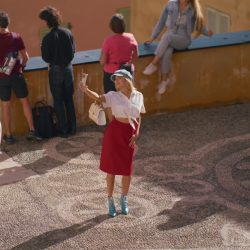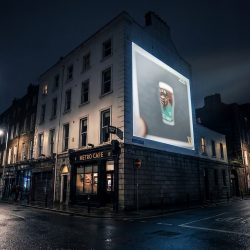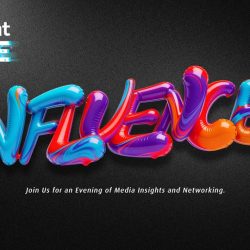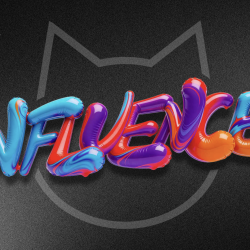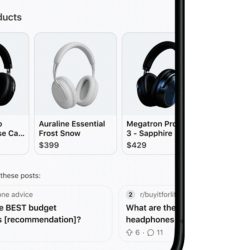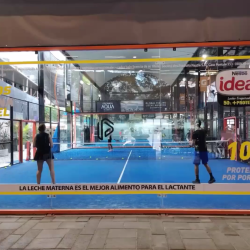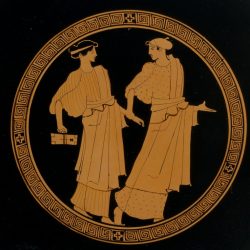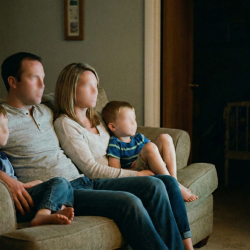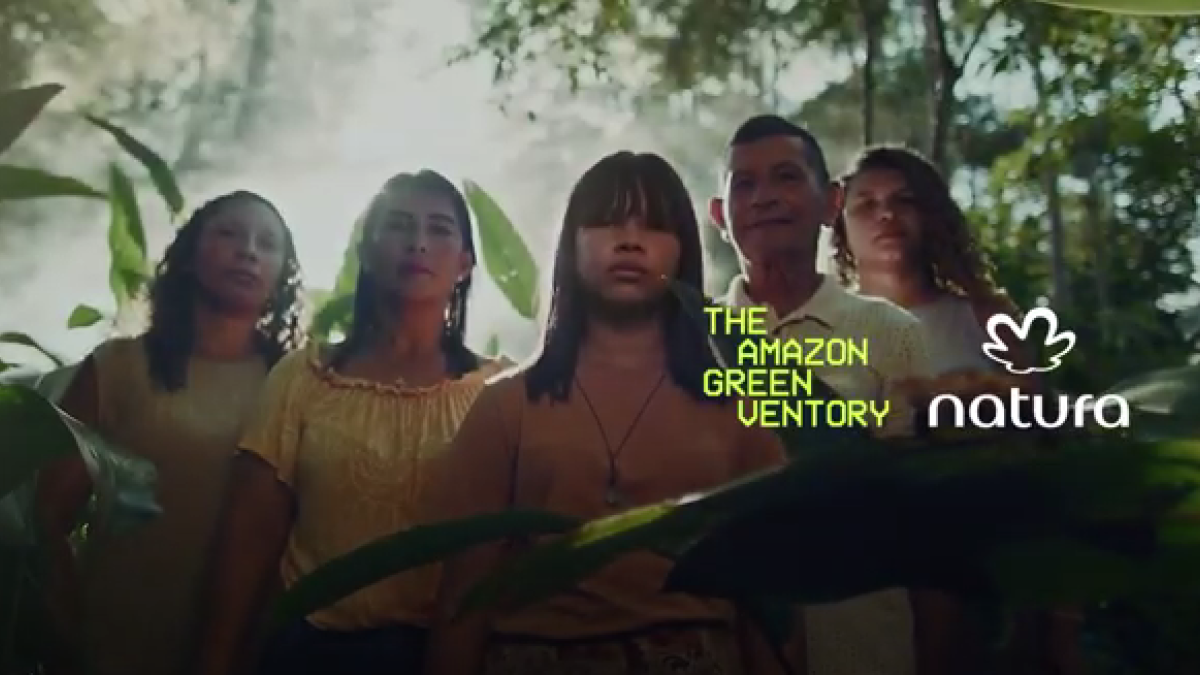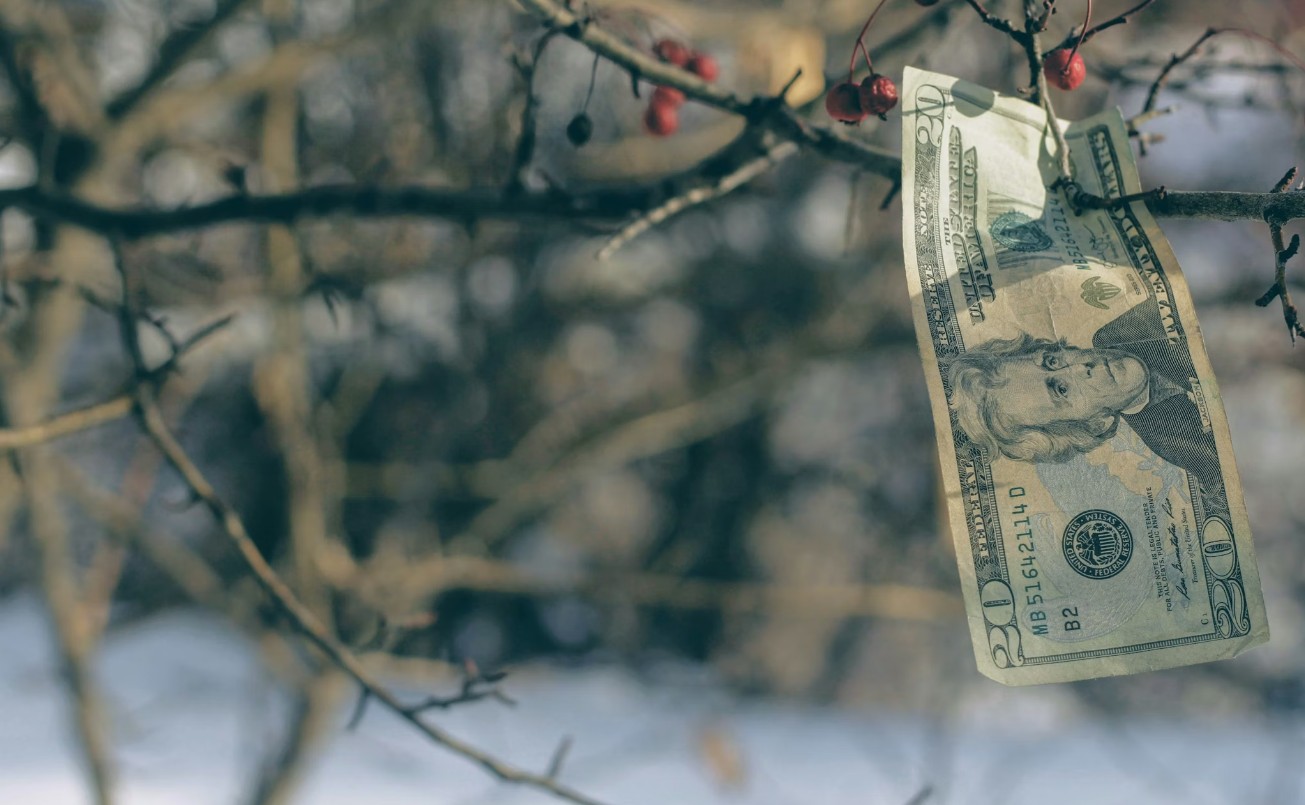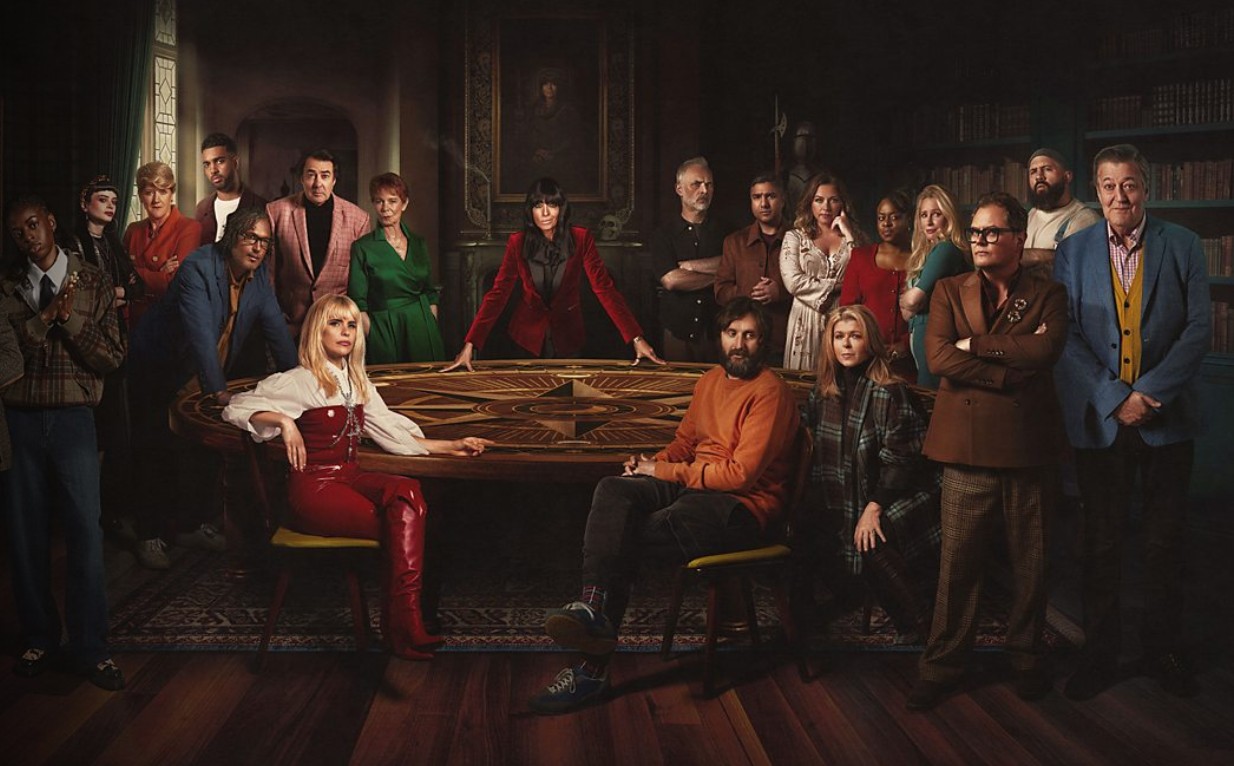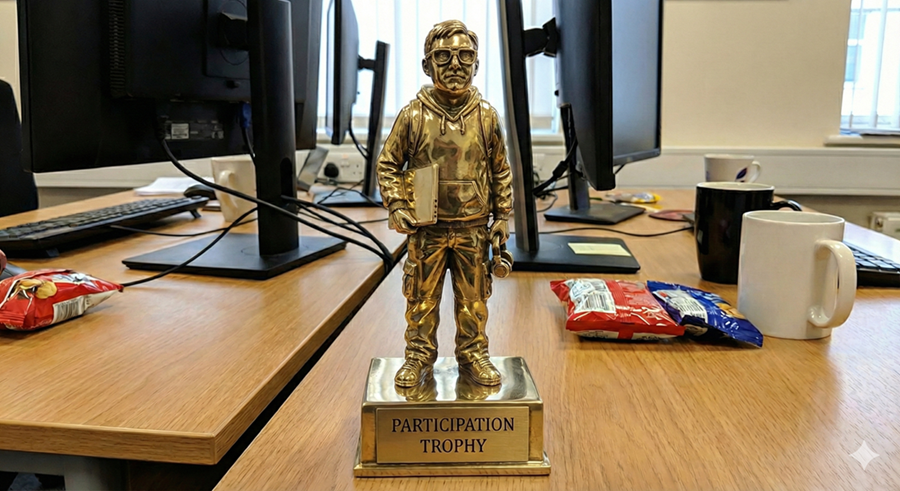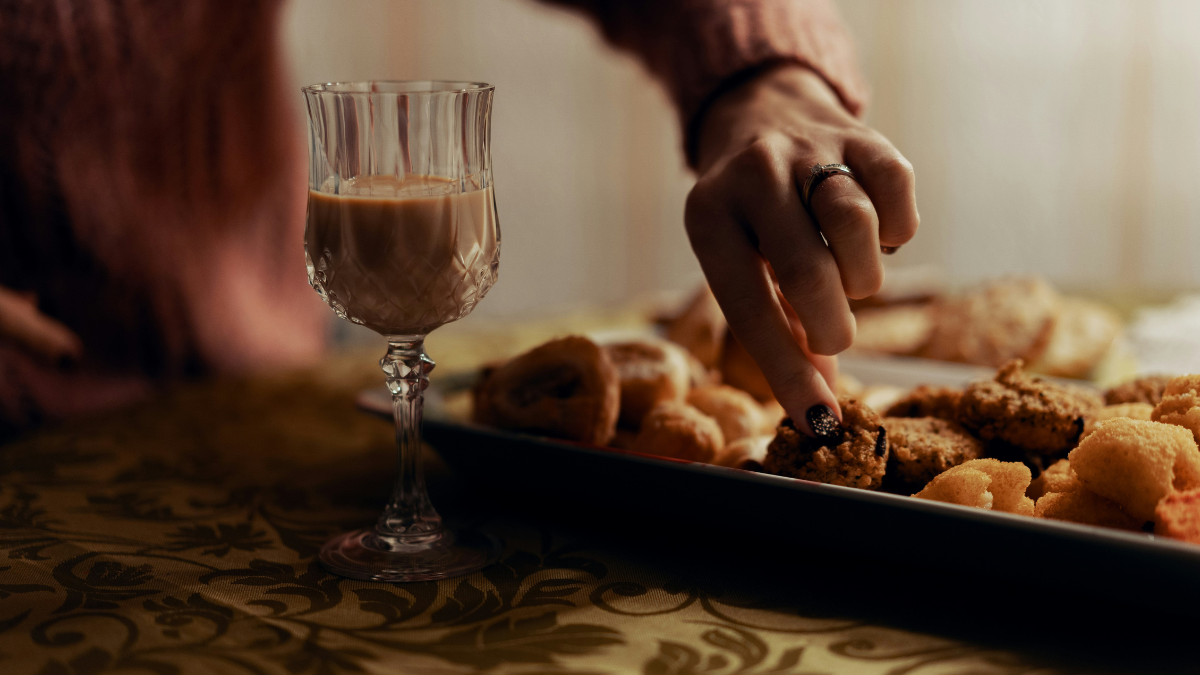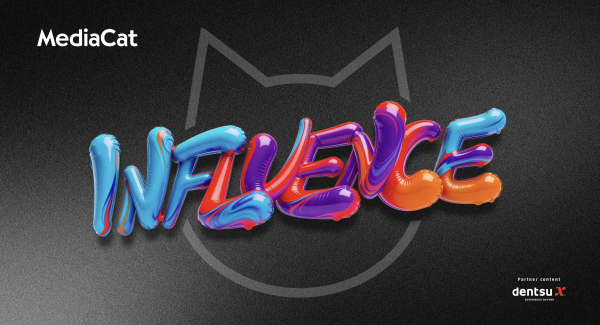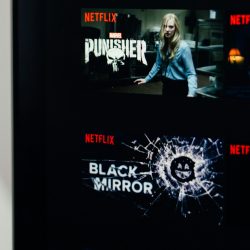From changing how we talk about herpes to rethinking conservation with AI, the final Grand Prix winners at Cannes Lions 2025 showed how bold creative ideas can address urgent issues with lasting impact.
Announced on 20 June, this final set of winners covered the Glass: The Lion for Change, Sustainable Development Goals, Grand Prix for Good, Titanium and Film categories.
Here’s a closer look at what won, and what made each one stand out.
Glass: The Lion for Change
Dove and Ogilvy UK’s ‘Real Beauty: How A Soap Brand Created A Global Self-Esteem Movement’ won the Glass Lion Grand Prix for its long-term commitment to challenging toxic beauty standards and empowering women and girls.
Launched in 2004, Real Beauty began as a cultural stand against unrealistic ideals. At the time, only 2% of women described themselves as beautiful. Dove, then a struggling soap brand, used Real Beauty to transform its business and ignite a cultural conversation that spanned decades.
The jury recognised not a single campaign but a 20-year arc of consistent, systemic impact. Dove went beyond messaging: it reached 95 million girls and, globally, its campaigns have driven billions of impressions, increasing brand value to $7.5bn. Work like #ChooseBeautiful, Reverse Selfie, and The Cost of Beauty combined viral storytelling with smart media placement and advocacy. The latter aired during Love Island, directly confronting a context shaped by narrow beauty norms.
Today, Dove ranks as the #1 most inclusive brand among women in Kantar’s Brand Inclusion Index.
In a category honouring work that addresses inequality, this was a benchmark for what long-term, purpose-led marketing can achieve. By challenging the beauty norms that disproportionately affect women of colour, older women, girls and other marginalised groups, Dove didn’t just spark awareness but also sustained action.
It’s the second Grand Prix the campaign picked up at Cannes this year after winning the Creative Strategy category on Thursday.
Sustainable Development Goals
The SDG Grand Prix went to Natura and Africa Creative DDB for ‘The Amazon Greenventory’, a project that brought AI and drone technology to the fight for rainforest preservation.
In partnership with agro-extractive communities, Brazilian cosmetics group Natura used an AI-powered drone to create the largest tree inventory in Amazon history, cataloguing 30,000 trees and 44 species across 400 square kilometres in just six months. Traditional methods would have taken decades.
But the real breakthrough was systemic. The data wasn’t just for supply chain efficiency; it was shared with local communities to help them strengthen traditional practices, guide land use and grow income. The project directly benefits 46,000 people and supports Natura’s broader goal to preserve three million hectares of forest by 2030.
Greenventory delivered against all five pillars of the UN’s 2030 Agenda: people, planet, peace, prosperity and partnerships. It redefined what regenerative business can look like when sustainability is embedded in strategy, not bolted on.
The campaign exemplified the SDG Lions criteria by using creative problem-solving not just to raise awareness, but to implement a scalable, measurable solution. It combined cutting-edge technology with indigenous knowledge, aligning conservation with economic empowerment and long-term community resilience.
It was the obvious winner because it showed how brands can move beyond messaging to deliver real, systemic progress toward the 2030 Agenda.
Grand Prix for Good
‘The Best Place in the World to Have Herpes’, created by the New Zealand Herpes Foundation, used humour and national pride to spark one of the most taboo conversations in public health.
Though herpes is harmless for most, stigma remains severe — with 30% of diagnosed New Zealanders reporting suicidal thoughts. The campaign confronted this not with shame or scaremongering, but with absurdity and sincerity. Rugby legends and reality TV stars invited citizens to ‘destigmatise themselves’ through an online course, turning herpes positivity into a gamified national mission.
Over 10,000 hours of content were watched, and 86% of participants reported feeling more comfortable discussing herpes. The course is now being piloted in schools.
It tackled a neglected but widespread health issue through inventive, culturally resonant storytelling, delivering measurable shifts in behaviour and perception. Rather than fall into familiar nonprofit tropes, it used humour, gamification and national identity to engage audiences who might otherwise tune out.
Cannes likely chose it as the winner because it proved that nonprofit work can be just as bold, strategic and impactful as brand advertising. It combined reach with responsibility, creativity with compassion and did so in a way that normalised a highly stigmatised condition without trivialising it. In a field often dominated by serious tones, this campaign stood out for changing minds by making people smile.
Titanium Lions
Publicis Conseil’s ‘Three Words’ for AXA won the Titanium Grand Prix for rewriting home insurance policies in France to include domestic violence.
By adding the words ‘and domestic violence’ to 3.5 million contracts, AXA made emergency housing, legal support and psychological care available to victims — with retroactive effect. In a country where a woman is killed every three days by her partner, it was a bold step.
The logic was that if insurers cover fires and floods, why not violence in the home? The idea was creative, but also regulatory. It turned a functional product into a legal safety net and redefined the role a brand can play in social protection.
The campaign met the Titanium criteria by breaking new ground in how brands can enact systemic change. Rather than simply raising awareness, it embedded protection into a product, using a minimalist legal adjustment to deliver maximum real-world impact. It was provocative in its simplicity, boundary-busting in its ambition, and envy-inducing in its clarity — an idea that others will look to as a model for how purpose can be built into policy, not just advertising.
Cannes likely chose it because it pointed to a new creative frontier.’Three Words’ challenged the industry to think beyond messaging and consider how the smallest shift in a contract can redefine trust, safety and responsibility.
It caps off a brilliant week for Publicis Conseil and AXA, marking the third Grand Prix they’ve won at Cannes 2025 for ‘Three Words’.
Film Lions
This year’s two Film Grand Prix winners tackled legacy and liberation.
L’Oréal Paris and McCann Paris were awarded for ‘The Final Copy of Ilon Specht’, a branded documentary about the young copywriter behind ‘Because I’m Worth It’. First written in 1971, the slogan became a four-word feminist landmark. The film honours Specht’s role in reshaping beauty advertising, premiering at Tribeca and launching globally on International Women’s Day. It felt more like cultural testimony than brand marketing.
Channel 4’s ‘Considering What’ marked a dramatic departure from its long-running ‘Superhumans’ platform. Developed with disabled athletes, the campaign pushed back against ableist tropes, using raw visuals and bold copy to shift public perception. Posters struck out patronising phrases mid-sentence, turning media into direct critique.
94% of viewers said the film improved their perception of disabled people; 6 in 10 said it changed their own attitudes. More than inspiration, this was confrontation — designed to provoke and evolve the conversation.
Together, these films show how brands can move past tropes to make real cultural contributions, whether by restoring forgotten credit or dismantling bias in real time.
Both films exemplified the Film Lions criteria by using the screen to tell rich, emotionally charged stories that connected brand to broader cultural meaning. L’Oréal’s documentary used craft and restraint to elevate a legacy slogan into a feminist origin story, reminding audiences that brand storytelling can carry historical and emotional depth. Channel 4’s film, meanwhile, was bold and physical, turning confrontation into art and challenging viewers to reconsider deeply held assumptions about disability and representation.


